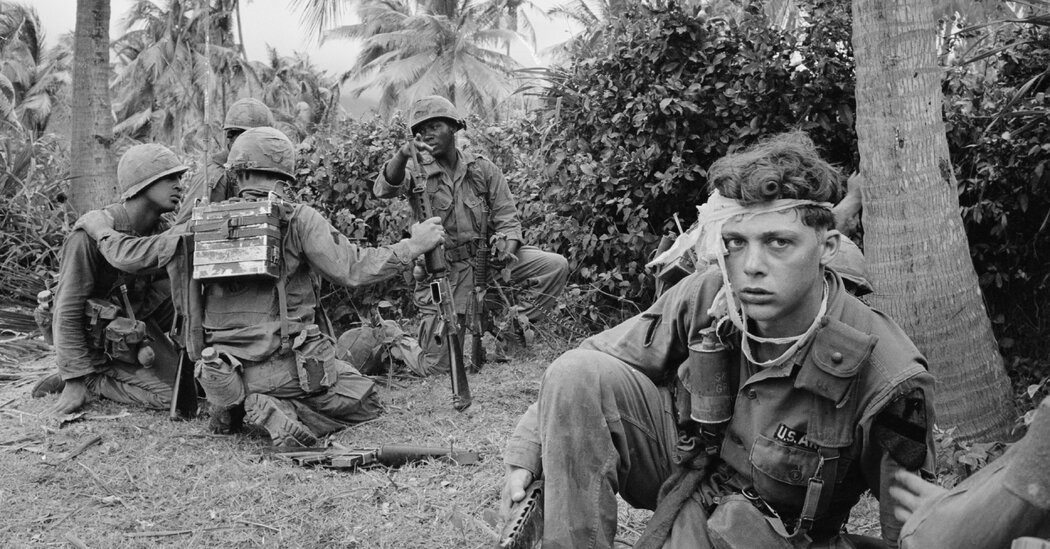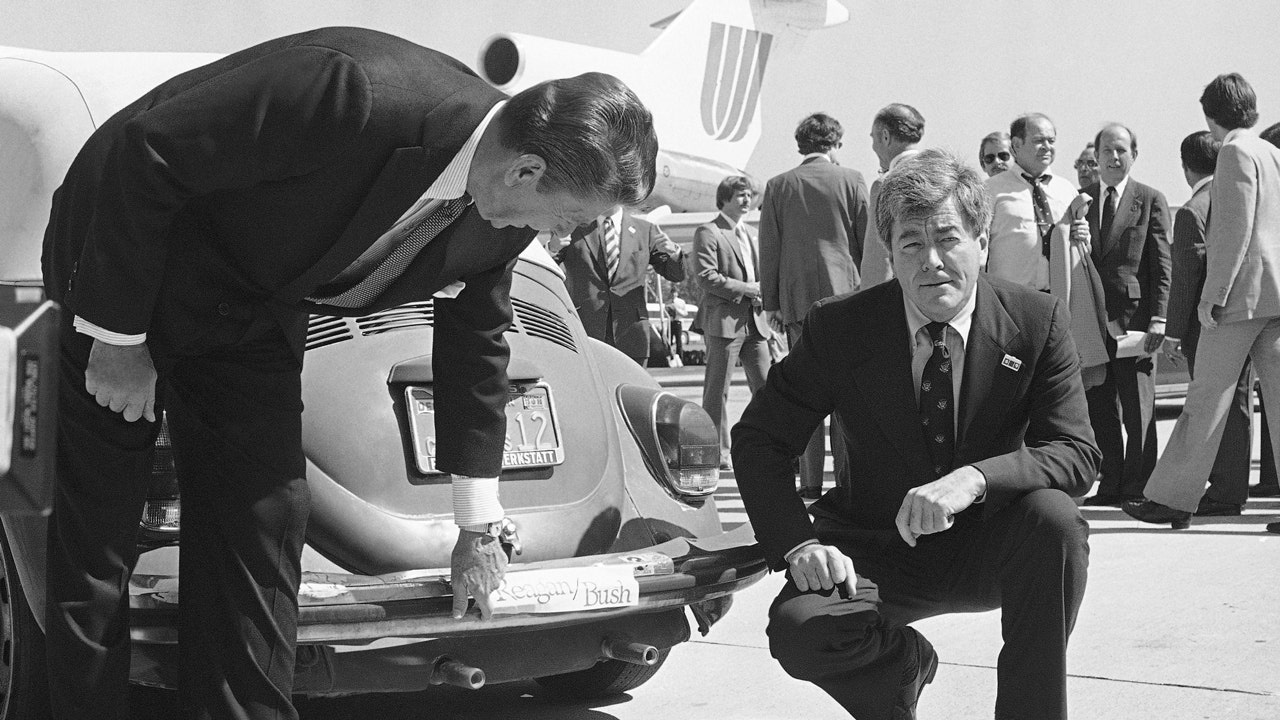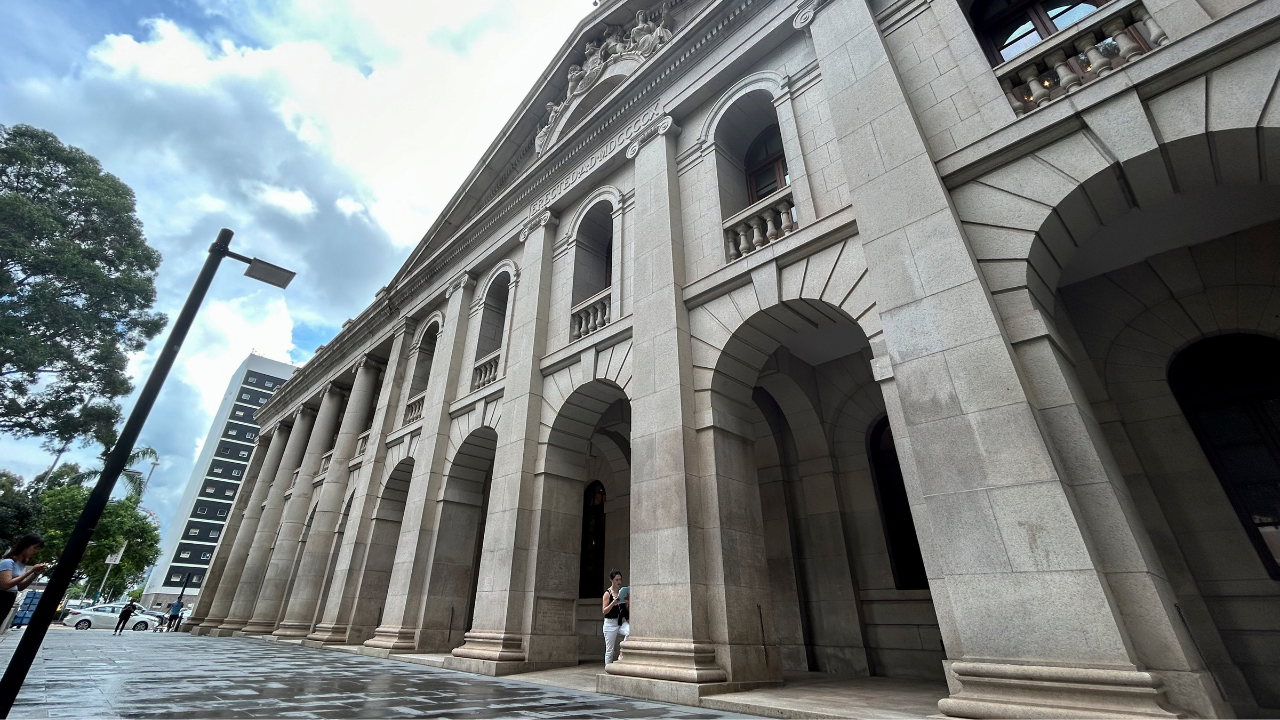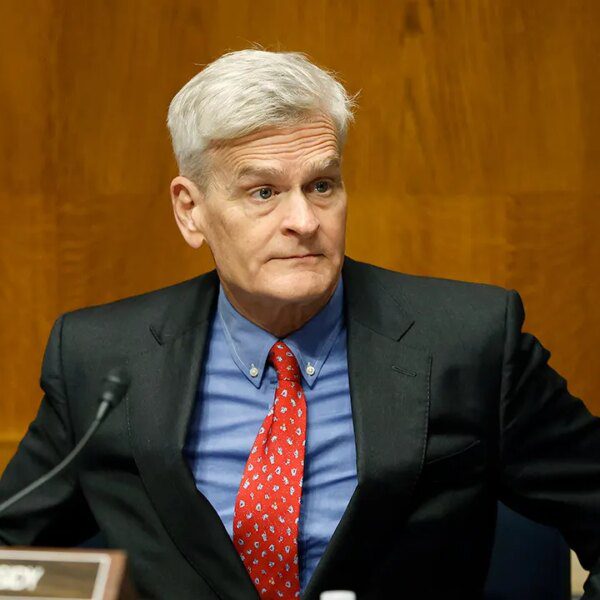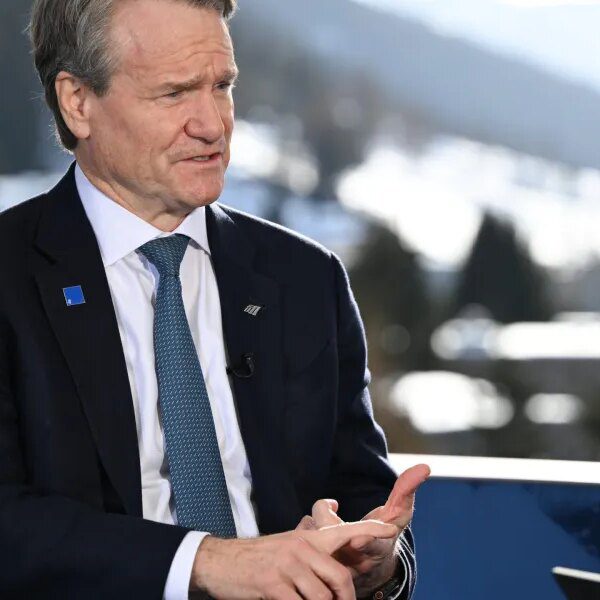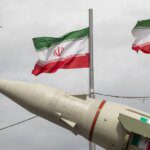A scratchy prerecorded message crackled over American Armed Forces radio in Saigon 50 years ago, repeating that the temperature was “105 degrees and rising,” and then playing a 30-second excerpt from the song “White Christmas.”
It was a secret signal to begin emergency evacuation. After about 15 years of fighting, $140 billion in military spending and 58,220 American lives lost, the last American foothold in Saigon was falling. The Vietnam War was ending. Or was it?
Today, as the United States marks a half-century since that chaotic day in April 1975, veterans say the war continues to reverberate through American culture and politics, as well as their own lives. And the experience still holds pressing lessons, they add — lessons the nation seems not to have learned.
American newspapers printed images of the fall of Saigon that are still burned in the nation’s memory: crowds clambering to the rooftop of the U.S. Embassy to try to get on the last helicopters out.
“We witnessed the city dying there right in front of us,” recalled Douglas Potratz, a Marine veteran who was there. “So many people had died in Vietnam, and it was all gone.”
He was a 21-year-old sergeant in the embassy guard unit. After helping hundreds of people flee, he left with other Marines on the second-to-last flight out. “A lot of us cried,” he recalled this week about watching the city recede from the helicopter. “But a lot were too tired to do anything at all.”
Mr. Potratz, now 71, said the Marine guards hold a reunion every five years, and he has seen how the war stayed with them long after they got home. Some have been dogged by anger, depression, drinking and regret. Six have died by suicide, he said.
“There was so much trauma,” he said. “A lot of us didn’t realize we needed to deal with it until 20 or 30 years later.” If they had, he said, “we could have saved a lot of marriages and a lot of livers.”
In the same way, the Vietnam War became a stubborn wound in American life.
The U.S. military, the most advanced in the world, had gotten heavily involved in the civil war in Vietnam in the early 1960s, believing that victory over Communist insurgents would come swiftly. “Our machine was devastating. And versatile,” the war correspondent Michael Herr wrote in “Dispatches,” his 1977 memoir. “It could do everything but stop.”
By the time Mr. Potratz arrived in Saigon, the war had devolved into a deadly grind. The United States had signed a peace deal and withdrawn nearly all its troops, but was still spending heavily to equip the South Vietnamese Army, which few of the young Marine guards imagined would suddenly collapse.
“We thought it was impossible, but before long, there were North Vietnamese jets strafing Saigon and tanks attacking the airfield,” Mr. Potratz recalled.
Panicking Americans and their Vietnamese allies flooded the embassy compound. The Marines let as many as they could through the gates, frisking them for weapons and throwing what they found into the embassy pool, and then loaded people onto helicopters that took off about every 10 minutes, bound for U.S. Navy ships offshore.
The airlift lasted nearly 24 hours, but barely dented the throngs hoping for escape. Eventually, the exhausted Marines fell back to the main embassy building, barricaded the doors, jammed the elevators, burned the last armloads of the embassy’s classified documents in barrels on the roof, and waited to escape.
By dawn on April 30, leaders from the U.S. military and State Department — who had run the war for years — had all gotten out. It was just a few young Marines left, watching smoke rise over the city as Vietnamese civilians frantically tried to ram their way through the embassy wall with a fire truck.
“We waited hours, and we honestly thought we had been forgotten,” Mr. Potratz said.
Finally, two helicopters appeared. The Marines peeled off helmets and flak jackets to lighten the load, piled in the choppers and flew away.
“It all came down on us,” Mr. Potratz said. “I had never seen anything like it.” He paused, then added: “But now, I feel like I’ve seen it in Iraq, in Afghanistan, in Ukraine. It’s almost spooky.”
The fall of Saigon began a cycle of national soul-searching that changed how the United States thinks about itself.
Trust was frayed to breaking. Suspicion oozed into pop culture. In the first “Rambo” movie, released in 1982, the enemy that the Vietnam veteran John Rambo is forced to fight is his own government.
For the next 30 years, candidates for president tried to both condemn the Vietnam War and honor those who fought in it, while accusing opponents of being skaters, fakers and draft dodgers.
When the United States invaded Iraq and Afghanistan, political leaders argued over whether those conflicts were exactly like Vietnam or nothing like it. Then came the fall of Kabul in 2021, with its eerily similar scenes of desperate crowds pressing against a few frantic Marines.
“The harmonics of Vietnam have reverberated in some really tragic ways,” said James R. Moriarty, a trial lawyer who was a Marine helicopter door gunner during the height of the fighting in Vietnam in the late 1960s.
“I was on the ground about a week before I figured out that there was no way we were winning that war,” Mr. Moriarty said. “But I had a young, naïve lower-middle-class idea that surely our politicians and military leaders knew what they were doing. I didn’t learn until later that we had been lied to the whole time.”
Mr. Moriarty said the experience shaped his decision to become a trial lawyer and take on powerful institutions and large corporations in court. “It taught me that the folks in charge cannot be trusted, that they lie to people, they harm people,” he said. “And the political leaders often don’t have the guts to do anything about it.”
He said he did not fully understand the tragedy of the war until 2016, when his son, an Army Green Beret, was killed by a terrorist attack in Jordan. His son was there as part of a Middle East military strategy shaped by the American experience in Vietnam.
“I was devastated,” Mr. Moriarty said. “And for the first time, I understood how devastated all the families in Vietnam, on all sides, must have felt.”
Many Vietnam veterans worry that the lessons their generation learned seem to have been lost.
Mike Vining arrived in Vietnam as an Army specialist in 1970 and spent much of his time there blowing up American munitions left behind at fire bases that the South Vietnamese Army had abandoned.
He later served in the Delta Force, a counterterrorism unit that he said was created by combat veterans of the wars in Southeast Asia.
What he and his comrades learned, Mr. Vining said, was that focused use of units like Delta would in many cases be a better approach than the big deployments of conventional forces that seemed only to make things worse in Vietnam.
“You don’t go to a hornet’s nest, hit it with a stick, then try to kill all the hornets,” he said. But, he noted, that was more or less what happened in Iraq and Afghanistan.
Mr. Vining said that to veterans like him, the Pentagon seems to keep repeating its mistakes of 50 years ago. “They just don’t seem to learn,” he said. “I just don’t understand it.”
John Ismay and Rachel Nostrant contributed reporting

